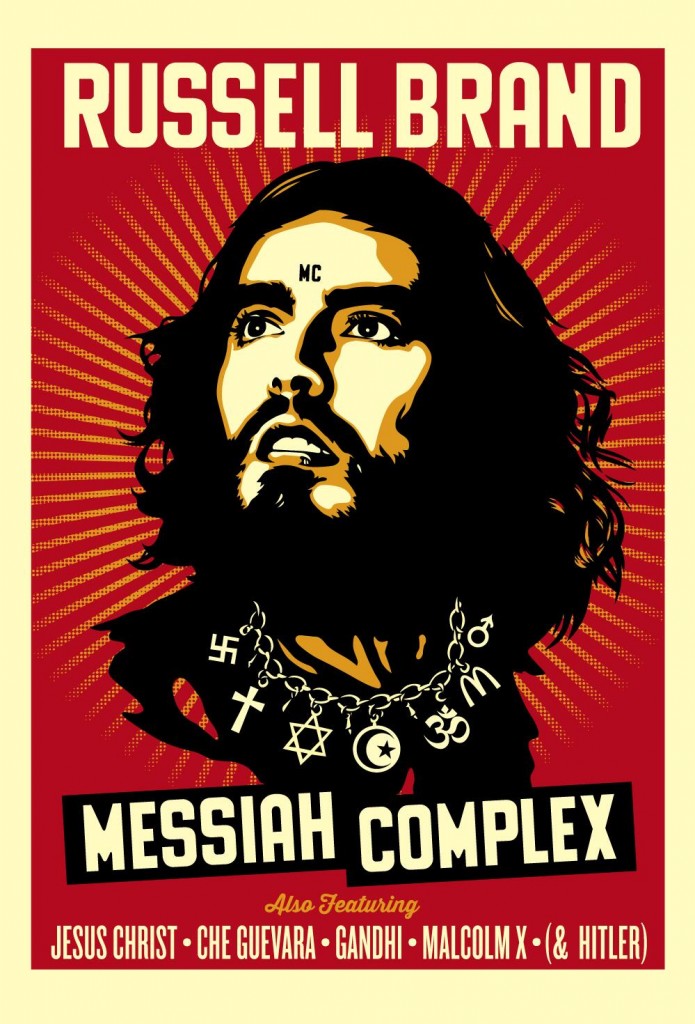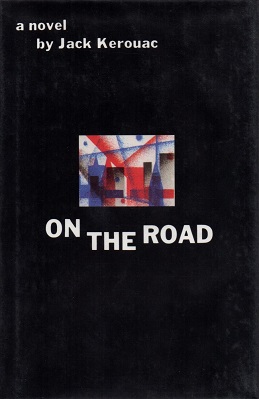Last week I gave an anecdotal explanation to Denmark’s happiness. To complete the story, today I would like to ask what the Danes think themselves about their high levels of happiness, and whether it’s a success can be replicated elsewhere.
What do Danes think themselves?
If I believe what Meik and Marie Louise from the Happiness Research Institute say, I get the impression that Danes find the interest in their high happiness levels amusing and comical. Danes tend to point at what is not good in Denmark: mental health issues and depression, a complex relation with immigrants, a reputation of not being too outgoing. Part of the disbelief, says Meik, may have to do with the fact that ‘lykke’, the Danish word for ‘happy’, is a term for quite an extreme term. Jante’s Law in mind, it’s probably to say that things are not bad than that they are amazing.
Can we replicate Denmark’s success?
Whether it is through well-crafted policies or a lucky coincidence of getting many things right, Denmark as a state manages to achieve one of the highest levels of happiness. Is there anything in Denmark that can be replicated elsewhere? My feeling is there are three factors that can be easier taken at heart elsewhere:
- Urban design. Certain factors in the design of a city are related with the happiness of its citizens. A city like Copenhagen is easy to navigate, has green spaces close-by in various neighbourhoods, and can be travelled by bike. This allows people to get around easily and to be active, and the example can be followed elsewhere. The term ‘Copenhagenize‘ has already been used to drive the use of bicycles into other cultures.
- Work participation. I believe work-life balance (also cited in the Happy Danes report) is an important factor in Danes’ levels of happiness. Acceptance of flexitime and working from home, subsidised creches and generous maternity leave, a full year to be divided by the two parents) are helpful. This allows people to pursue a career and benefit from the overall positive impetus for happiness levels of work, whilst maintaining a meaningful relation with growing children.
- Strive to take away barriers. Kristian mentioned he does not have to worry about healthcare or education. If such services are accessible for all, this can prevent worries resulting in unhappiness. In other countries, such as the US, the belief that it’s people’s own responsibility to reach success in life is a barrier in the pursuit of happiness. Without wanting to sound like a communist – if US politicians want to increase quality of life, raising taxes to decrease the cost of health and education may provide part of the answer.

The size and design of Copenhagen help people to get around by bikes, spending little time on work-home commutes and being active on the go. Such a policy can be replicated elsewhere. Photo by Kasper Thyge/Visit Copenhagen


